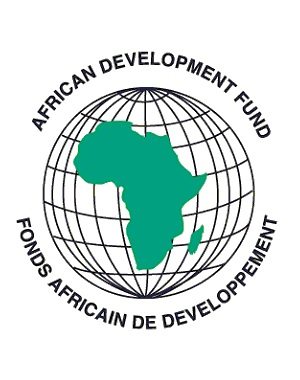Community / Land projects / Namibia - Governance and Economic Recovery Support Program - Phase II (GERSP-II)
Namibia - Governance and Economic Recovery Support Program - Phase II (GERSP-II)

€68218913.27
10/22 - 06/23
Completed
This project is part of
Implementing Organisations
Donors
Data Providers
General
The proposed operation is for an ADB Loan of Two billion three hundred million South African Rand (2.3 billion ZAR), to the Republic of Namibia to finance the second Phase of the Governance and Economic Recovery Support Program (GERSP II). The GERSP is designed as a programmatic series of two consecutive General Budget Support (GBS) operations covering the fiscal years 2021/22-2022/23 for total indicative financing of 3.8 billion Rand. This second phase follows Board approval of the first phase on 17 March 2021 for an amount of 1.5 billion Rand and subsequent implementation of the related program measures. The processing of this second phase of the operation (GERSP II) was made possible by the satisfactory implementation of the first phase in accordance with the Bank's PBO policy. GERP-II maintains the same three mutually reinforcing and complementary components of GERP-I. Component 1, Attaining Fiscal Sustainability; Component 2, Supporting Private sector-led Agriculture and Industrial Sector Transformation; Component 3, Enhancing Economic and Social Inclusion.
Objectives
The overarching development objective of GERSP II is to continue to strengthen resilience and enhance inclusive post-pandemic economic recovery through improved governance and real sector reforms. The program will continue to support Namibia’s medium to long term development agenda, with particular emphasis on enhancing fiscal performance, revival of critical sectors of the economy, development of Micro, Small and Medium Enterprises (MSMEs), and social protection.
Target Groups
The beneficiaries of the program remain the same as in GERSP I. The direct beneficiaries are the various Ministries, Departments and Agencies whose reforms are being supported by the operation. These are the Ministry of Finance; Ministry of Industrialization and Trade; Ministry of Public Enterprises; Ministry of Agriculture, Water and Land Reform; and Ministry of Gender Equality, Poverty Eradication and Social Welfare. The private sector will benefit from improved investment opportunities in agriculture and industry (including in sustainable special economic zones), and PPP opportunities. The MSMEs will benefit from improved policy framework and access to affordable finance. Entrepreneurs in the formal and informal sectors will benefit from job opportunities as well as higher retention rates in targeted industries. The program will ultimately indirectly benefit all citizens of Namibia as enhanced fiscal performance will help to expand fiscal space for development and pro-poor spending; and climate sensitive sector reforms will help to attract private investments for green growth and job creation. The operation will contribute to strengthened policy frameworks for economic empowerment of women and is a category III on the Gender Marker System.




